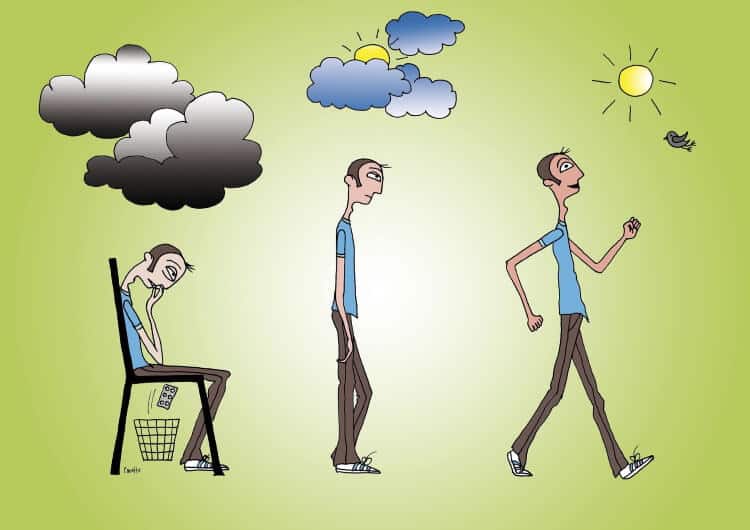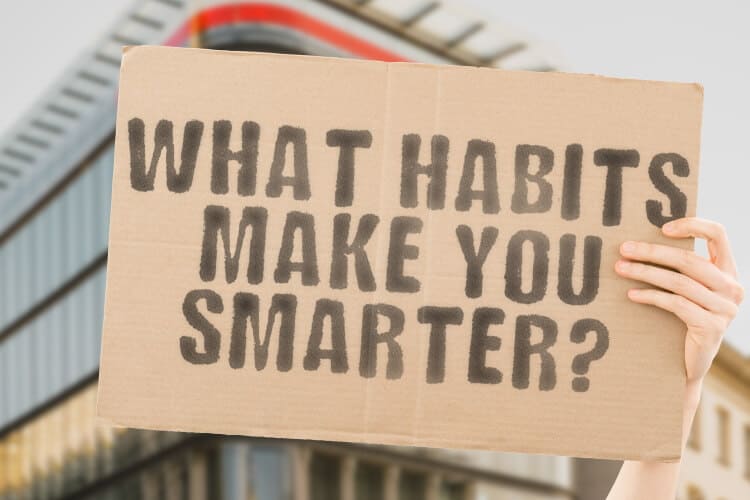What to do when you leave treatment
You have now completed your treatment programme at The Haynes Clinic. You should know exactly what you need to do in order to stay clean and sober and you should be willing to and allowed to take responsibility for your own recovery. What you should be doing is listed below.
You should immediately on discharge from the clinic start to attend 12 Step Fellowship meetings. You should attend these in person in your local area. Meetings should be a priority in your life. As many as possible should be attended (some people decide to do 90 meetings in 90 days but if you have many other commitments you should attend at least 4 a week to start with).

Online meetings will be available too and are good as an extra resource – but they are no replacement for face to face meetings, getting out there and meeting people with good recovery. (There is the meeting at the clinic which you attended while in treatment and this can be joined online on a Monday evening if you want to attend).
At these local fellowship meetings you should get a sponsor – this is a mentor who will go through the 12 Step Programme with you (again – even though you will have done this in the clinic). This is important as your sponsor will have his or her own way of working the programme and it will enable them to get to know you fully and thoroughly.
As you go through the programme, there will be assignments to work on and reading to do – and once you get towards the end of the programme, you will start to your daily inventory with your sponsor each day. It may be that this will take place from day 1 of your relationship with your sponsor if you want to carry on with the process started at the clinic (if you got as far as step 10).
SO IT IS ABSOLUTELY VITAL THAT YOU ATTEND MEETINGS, GET A SPONSOR AND WORK THE PROGRAMME. IF YOU DO NOT, YOU HAVE LITTLE CHANCE OF STAYING CLEAN AND SOBER
Do not:
- Make excuses for not attending meetings (this must be a priority – without our sobriety we risk everything else important to us)
- Make excuses for not contacting your sponsor e.g. your sponsor is ill / away etc. Most sponsors are available at all times for those needing them
- Allow yourself to get angry, discontented, forget your gratitude – talk to your sponsor, share at meetings. Do not avoid difficult conversations
- Get in contact with old drinking / using friends – these have to be given a wide berth and ideally dropped altogether
- Glorify the days of drinking or using by telling stories
IF IN DOUBT, CALL THE CLINIC FOR ADVICE
The Importance Of Aftercare
The Haynes Clinic offers free aftercare for all those who have completed the clinic’s programme. This is provided face to face on a Friday (full day) and online on a Wednesday at 3pm. You should prioritise attending whenever possible. You will get any required support here as well as encouragement and guidance to keep you on track. We know you well! We know your issues and what might lead you to relapse. We may challenge you and help you get back on track. This will always be for your benefit and in order to help you maintain your recovery.
The Haynes Clinic will always offer advice and support to you and your family if you call us.
How should I approach being around alcohol and / or other mood altering substances when I go home?

You may be nervous about being around alcohol and attending social events when you return home. This is perfectly normal. Do not be afraid to say you do not wish to attend social events that might put you at risk. Alternatively, just attend for a short while and make your excuses. Your recovery must come first.
It is wise to ensure that all alcohol and mood altering substances are removed from your home before you return. Ask a family member or friend to ensure that your home is clear and make sure it stays clear. Not having access to alcohol in the home will not harm anyone who lives there – but could seriously harm you if you are tempted to have a drink.
In order to keep yourself safe from alcohol and other mood altering substances you may even need to avoid people with whom you have previously been friends. If your friends cannot avoid drink and mood altering substances when they are with you, then maybe they have a problem themselves – or else they are not very thoughtful good friends.
In your first year of addiction recovery
Your emotions and thought processes are going to be all over the place in early recovery. You will need to learn to live with your family clean and sober and you may find it necessary to adjust expectations around each other. You may need to work at repairing damaged relationships. You may be confident that you are not going to drink or use. Your family may take a while to trust that that is the case.
It is strongly advised that in your first year of recovery you do not make any big decisions. It is also strongly advised that you do not enter into any new relationships. You need time to adjust to the new you – and often you will need to learn to love yourself. In addition, there is a risk that if any new relationship has problems or ends, then you will be at risk of relapse.
***************************
In Summary
You should:
- Attend several 12 Step fellowship meetings each week
- Get a sponsor
- Go through the 12 step programme with your sponsor up to and including doing a daily inventory with them
- Attend aftercare here at the clinic
- Avoid being around alcohol and other mood altering substances
- Avoid ‘friends’ who drink or use and will not stop when with you
- Avoid big decisions in your first year
- Not start any new relationship in your first year
Early recovery can be very challenging. Adjusting back to life at home can be difficult – you have been in a protected environment and now all the old temptations and triggers will be present. The first week is the hardest. It does get easier.
A drink or drug will never make anything better – only a thousand times worse.
